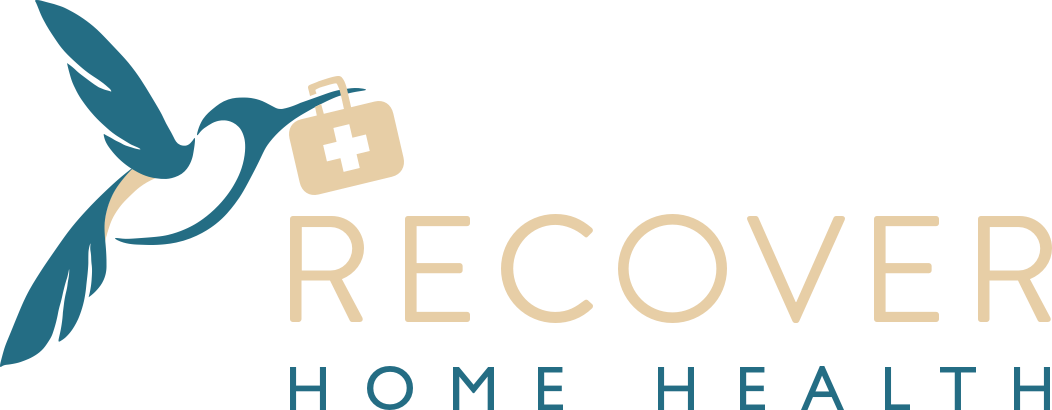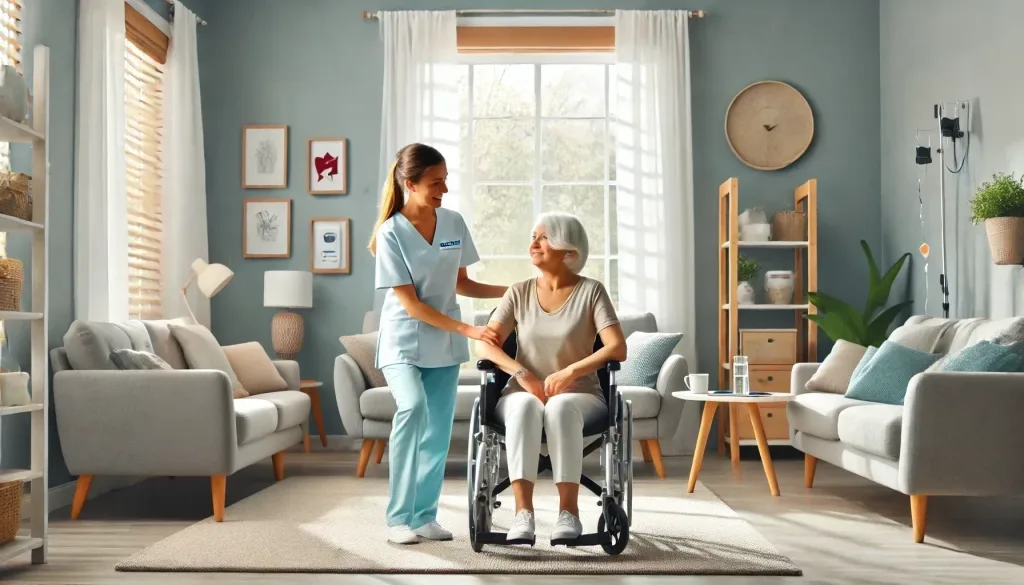
Skilled Nursing Services
Skilled Nursing services in home health care provide specialized medical care delivered by licensed nurses (RNs or LPNs) in the patient’s home. These services are intended for individuals who need ongoing medical treatment or monitoring that cannot be performed by non-professional caregivers. Here’s what Skilled Nursing services typically include:
Skilled Nursing services are often part of a broader home health care plan and are ordered by a physician to meet specific medical needs, with a focus on helping patients recover or maintain their health in the comfort of their own home.
Physical Therapy
Physical therapy at home helps patients regain strength, mobility, and function after an injury, illness, or surgery. A licensed physical therapist will design and implement a customized exercise program aimed at improving:


Occupational Therapy
Occupational therapy focuses on helping patients regain the ability to perform daily activities (ADLs) such as dressing, bathing, eating, and cooking. A licensed occupational therapist will assess the patient’s home environment and recommend adaptive equipment or techniques to improve independence. OT helps with:
Speech Therapy
Speech therapy in home health care supports patients with speech, language, communication, and swallowing disorders. A speech-language pathologist works with patients recovering from conditions like strokes, traumatic brain injuries, or neurological diseases. Services include:


Home Health Aide
Home Health Aides provide personal care assistance to patients who have difficulty managing daily activities on their own. While not medical professionals, HHAs are trained to offer:

Registered Dietitian Services
Registered Dietitians in home health care work with patients who have special dietary needs due to chronic conditions, illnesses, or recovery processes. Services include:
These services work together to provide a holistic and coordinated approach to patient care, helping individuals recover and maintain their independence while remaining in the comfort of their own homes.


Medical Social Services
Medical Social Workers offer psychosocial support and resources to patients and their families to help cope with the emotional, social, and financial challenges of illness or injury. They:
Provide counseling and support for emotional distress
Assist with long-term care planning and coordination
Help access community resources (e.g., transportation, housing, financial aid)
Educate families on coping strategies, caregiving, and disease management
Facilitate communication between the patient, family, and health care providers. The goal is to provide comprehensive support to patients and families, ensuring they have the resources and guidance needed to manage their health and life changes.